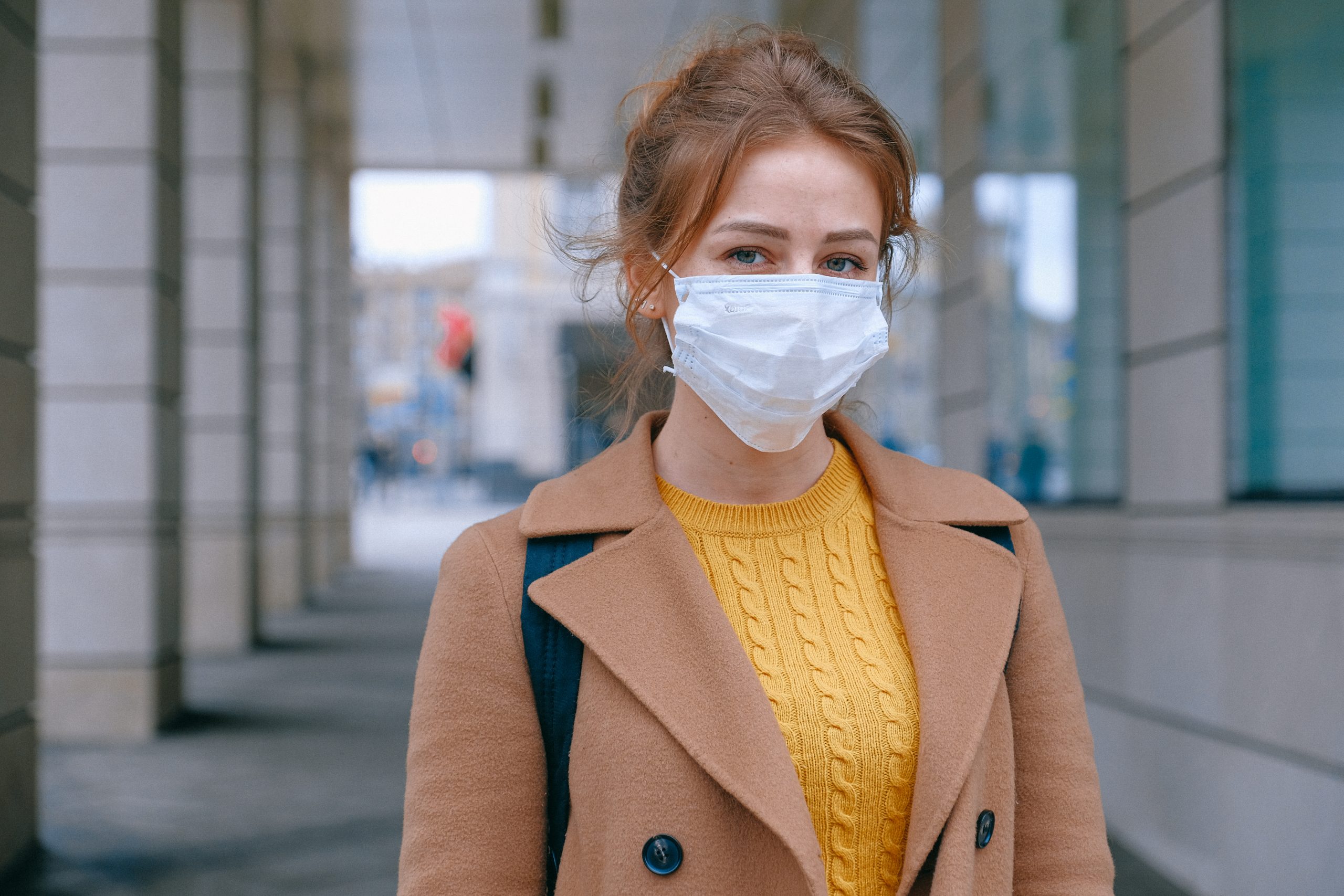When the coronavirus hit earlier this year and it became obvious that many individuals were at risk of becoming infected, several states amended their rules for Workers Compensation benefits payouts to include healthcare and frontline workers exposed to the virus and then quarantined. Compensability for occupational diseases varies per state with some statutes excluding “ordinary diseases of life,” such as the common cold and flu. Additionally, in some cases, it may be difficult for employees to prove they contracted the coronavirus at work. As a result, executive orders and/or bills were passed in many states to address how Workers Compensation will respond during the pandemic.
Presumption Laws and Workers Compensation
California Governor Gavin Newsom in May, for example, passed an executive order creating a rebuttable presumption for an employee’s COVID-19-related illness that arose out of the course of employment to obtain Workers Comp benefits. In order for the presumption to apply, an employee must have been diagnosed with COVID-19 or tested positive for it within 14 days after performing work for the employer, at a location other than the employee’s home, between March 19, 2020, and July 5, 2020. The presumption could be disputed and challenged by “other evidence.” The order applied to all essential workers, with employees entitled to full Workers Comp benefits, including hospital, surgical, medical treatment, disability indemnity, and death benefits.
The Workers’ Compensation Insurance Rating Bureau of California estimated in May that COVID-19-related claims will cost employers and insurers around $2 billion, with the average claim paid amounting to $29,000. Since then, however, according to data from the California Department of Industrial Relations, Workers Compensation claims for COVID-19 have spiked dramatically from about 4,700 in May to about 10,900 in June and more than 11,600 in July, which could mean that costs could exceed the original $2 billion estimate.
California’s Governor Signs New Law
Moreover, on September 17, Governor Newsom signed a new law (as the previous law expired in July) relaxing the burden of proof to receive Workers Compensation benefits for some employees who contract COVID-19 on the job. Under this law, employees will be presumed to have contracted COVID-19 on the job if there was an outbreak at work. The new law defines an outbreak as five or more employees contracting the virus within a 14-day period at workplaces with 5 to 100 employees and 5% of employees contracting the novel coronavirus at a worksite with more than 100 employees within two weeks.
New Jersey Is Most Recent State to Pass Presumption Legislation
Many other states have also changed their Workers Compensation rules to include a rebuttable presumption for employees who contracted COVID-19 during the course of employment. The rule in some states only applies to healthcare workers and police officers while other states have a broader definition for COVID-19-infected employees who are eligible for coverage.
New Jersey is the most recent state to pass legislation for essential employees, each of whom is defined as “an employee in the public or private sector during a state of emergency.” These employees include first responders and individuals providing medical and other healthcare services. They also include those “performing functions which involve physical proximity to members of the public and are essential to the public’s health, safety, and welfare, including transportation services, hotel and other residential services, financial services, and the production, preparation, storage, sale, and distribution of essential goods such as food, beverages, medicine, fuel, and supplies for conducting essential business and work at home.”
COVID-Related Workers Comp Estimates in the Billions
The National Council on Compensation Insurance (NCCI) earlier this year projected that potential COVID-19-related Workers Compensation costs could range from $2.2 billion under a best-case scenario up to $81 billion under a worst-case scenario. These projections are for the 38 states and District of Columbia in which NCCI tracks claims data. NCCI projections don’t factor in permanent disability costs.
The state of the Workers Comp market may be even further impacted depending on the long-term health effects of the virus on individuals and the costs involved. This remains to be seen with insurers keeping their eye on scientific data as it becomes known. It’s important to stress that businesses should take all precautions and measures necessary, including following OSHA and CDC COVID-related guidelines, to keep employees safe.









